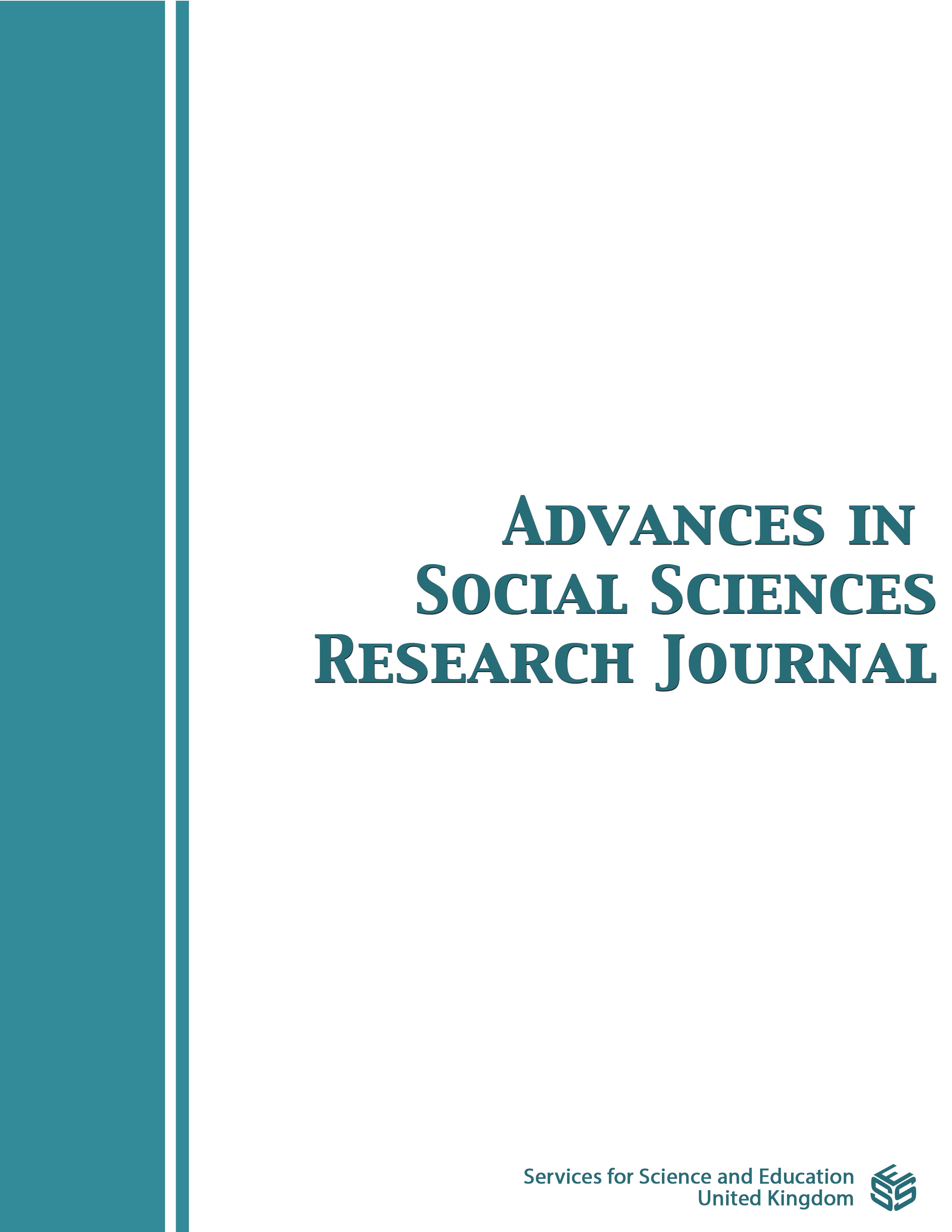Role of Social Science Research in National Development: A Review of Relevant Literature
DOI:
https://doi.org/10.14738/assrj.106.14708Keywords:
policymaking, Social Science, literature, national development, research utilization, knowledge, ZambiaAbstract
There has been increasing pressure on universities to demonstrate the impact of the research they produce. This has involved demonstrating impact through quality measures such as citation counts and journal impact factors. When it comes to the social sciences, the issue of measuring research impact has been regarded as especially challenging, with many analysts claiming that such assessment needs involved both quantitative and qualitative indicators. The research study employed a mixed methodology, drawing on quantitative and qualitative data sources, to investigate whether or not social science research findings had been utilised by policymakers in Zambia, taking the University of Zambia as a case study. Two main research questions were considered in order to structure this inquiry, namely, 1. What is the state of social science research in Zambia? 2. Under what conditions have specific social studies informed policy in Zambia? The study has provided a reflection of the state of social science research in Zambia in terms of the research types that are produced, how the research findings are disseminated, and who the main funders of research were. Additionally, the study also aimed to find out the agendas driving research, whether and how the government utilised social science research findings, the conditions under which social science research had been utilised by policymakers and of course the barriers that hindered research utilisation for social science research in Zambia. Among other things, the study established that some evidence existed that the government utilised some of the research findings from social science research in their policymaking decisions but to a lesser extent than expected. There were barriers to research use by Policy Makers—sustainability of local journals, restrictions in the modes of disseminating research findings, lack of visibility and accessibility of research findings, restrictions in participating in setting of research agendas, as well as lack of mentorship among researchers. Going forward, the research recommends the following: government needs to understand that research is one of the key drivers of development and should funding research; develop national guidelines to provide a framework for equitable participation in research ventures; establish and strengthen linkages between researchers and policymakers; Government should employ technocrats and not political cadres in decision-making positions; and researchers should conduct meaningful research that has policy implications and make deliberate efforts to send policy briefs to policymakers through the ministries and encourage them to use them for the betterment of the country.
Downloads
Published
How to Cite
Issue
Section
License
Copyright (c) 2023 Felistus Moyo, Vincent Kanyamuna, Aurick Mubita

This work is licensed under a Creative Commons Attribution 4.0 International License.
Authors wishing to include figures, tables, or text passages that have already been published elsewhere are required to obtain permission from the copyright owner(s) for both the print and online format and to include evidence that such permission has been granted when submitting their papers. Any material received without such evidence will be assumed to originate from the authors.






